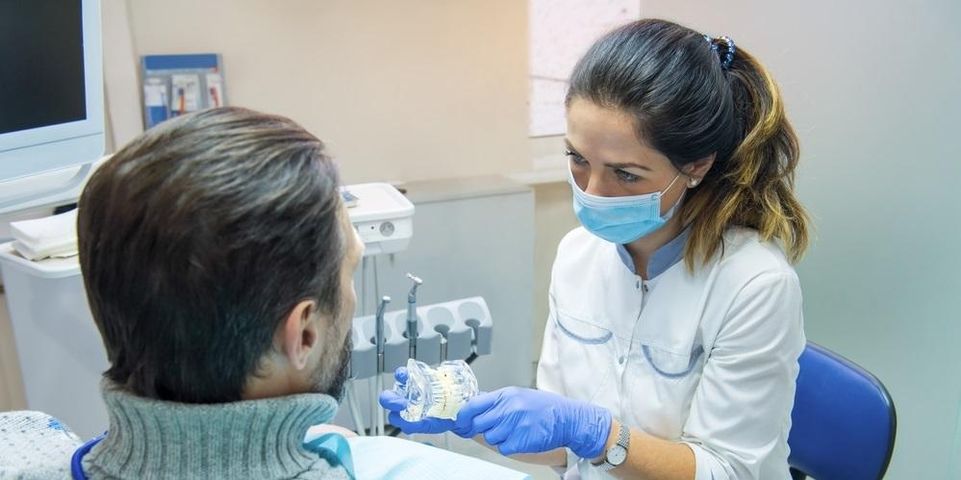
Whenever possible, your dentist would like you to keep your natural teeth. However, sometimes a tooth is too damaged or decayed to save. In those instances, your dentist may recommend tooth extraction. While this is not an ideal scenario, it helps prevent one infected tooth from ravaging the rest of your smile. Here’s a look at the situations where an extraction is necessary.
Serious Decay
 If your tooth is damaged and infected, the best solution is often a root canal. However, if your tooth is past the stage where this procedure can help, your dentist will skip to extraction. The sooner a decayed and damaged tooth is out of your mouth, the less likely the bacteria hiding in it will start to damage other teeth.
If your tooth is damaged and infected, the best solution is often a root canal. However, if your tooth is past the stage where this procedure can help, your dentist will skip to extraction. The sooner a decayed and damaged tooth is out of your mouth, the less likely the bacteria hiding in it will start to damage other teeth.
Orthodontic Work
In some cases, before applying braces, your orthodontist will recommend removing teeth. This is to create more space and resolve a crowded smile. The extraction leaves a gap which will then be slowly filled by moving other teeth into it.
Wisdom Teeth
For young adults across America, wisdom tooth removal is a rite of passage. These third molars have a tendency to disrupt and crowd your bite, so they’re usually taken out just as they’re beginning to form. In this case, the procedure is often simpler and quicker than an ordinary extraction because the wisdom teeth haven’t yet established their roots.
If your dentist recommends a tooth extraction, don’t worry. There are several good reasons for this treatment, and afterward you can replace the missing tooth with a dental implant. Follow your dentist’s recommendations, and you’ll be able to prevent one bad tooth from ruining them all.
Gladstein Dental Center in New Britain, CT, provides skilled, compassionate care to the area’s families, just as they have for almost 30 years. Their services range from cleanings and fillings to root canals, extractions, and more. To schedule an appointment, call them today at (860) 223-1162 or send a message online.
About the Business
Have a question? Ask the experts!
Send your question

